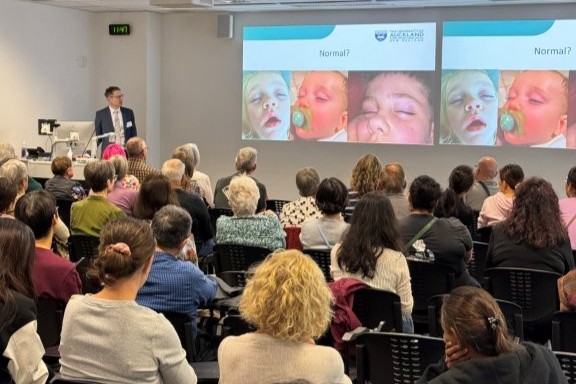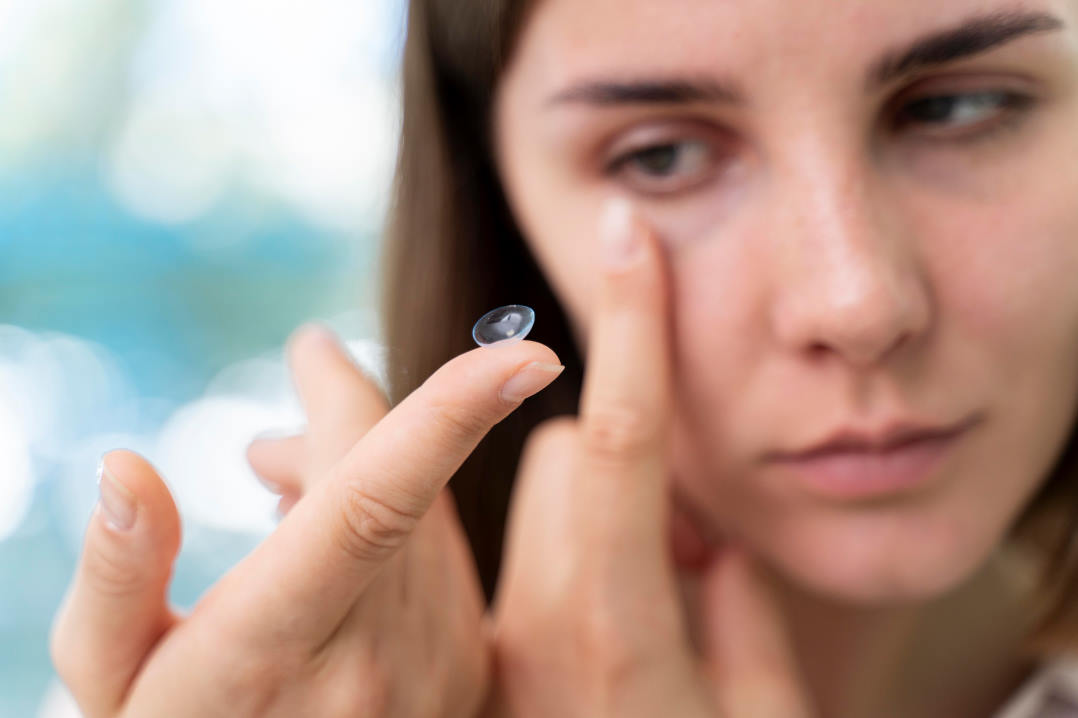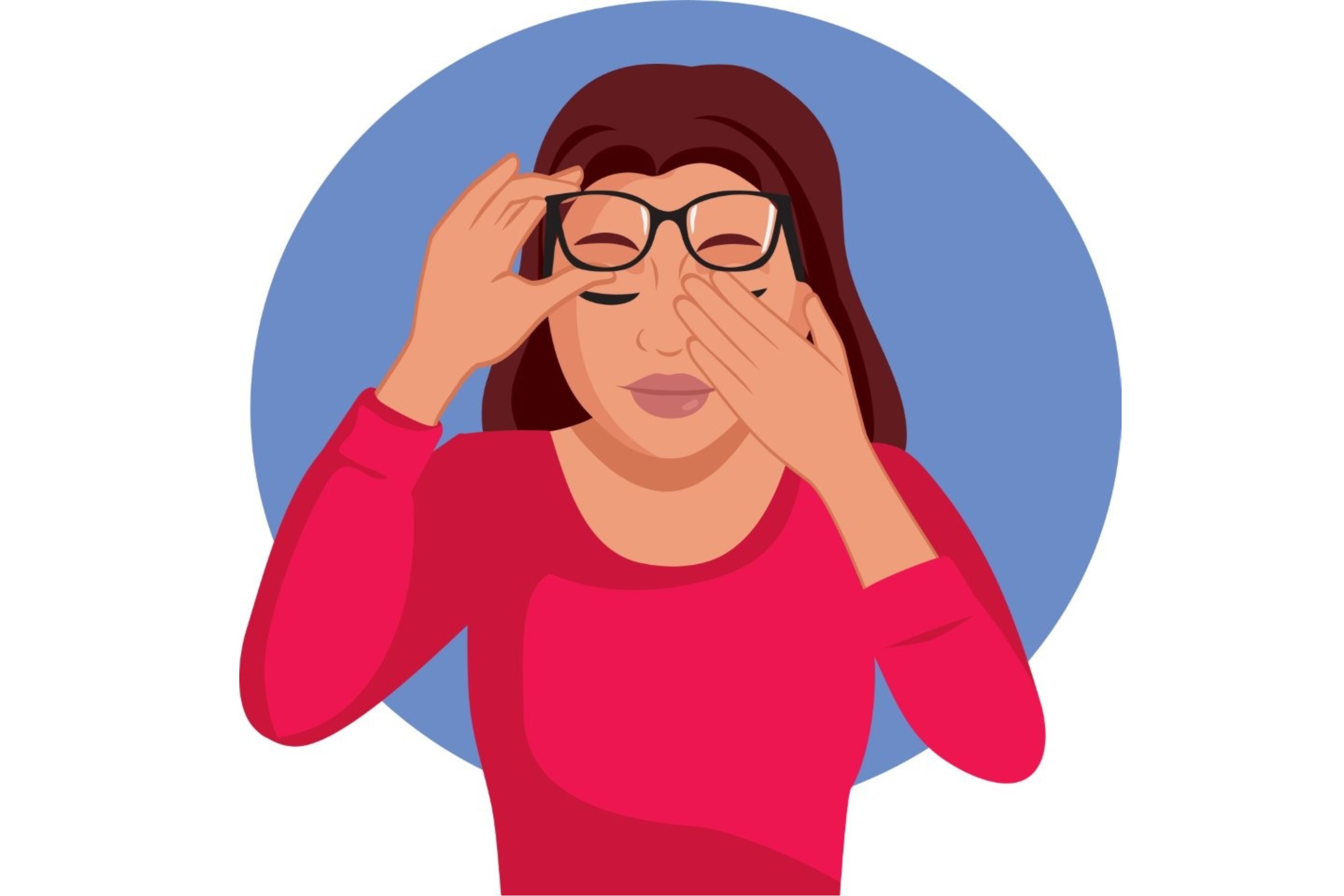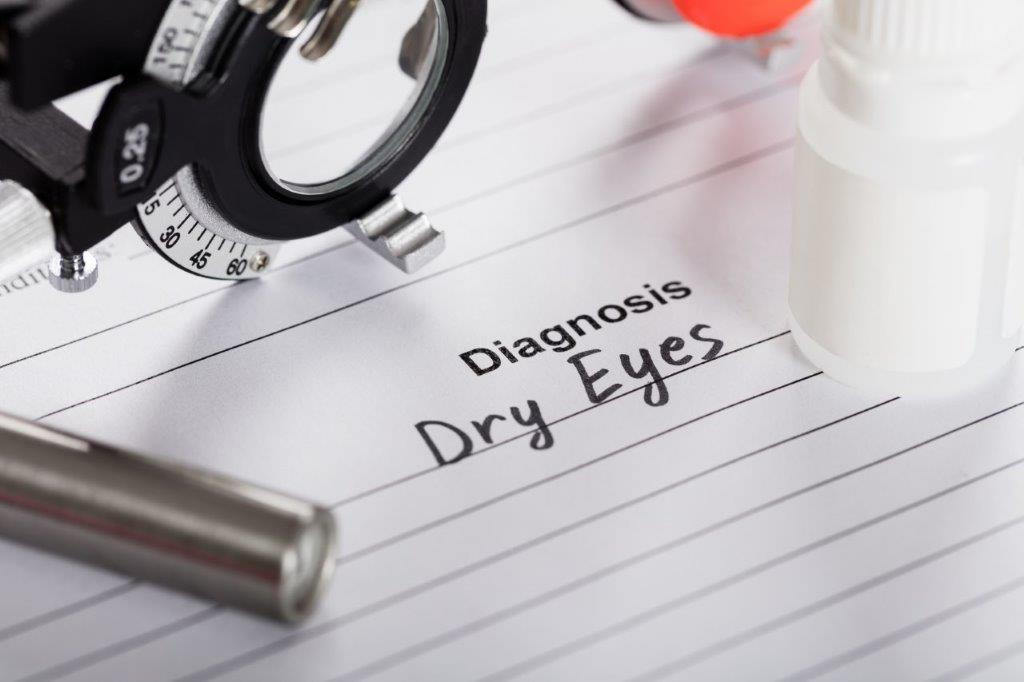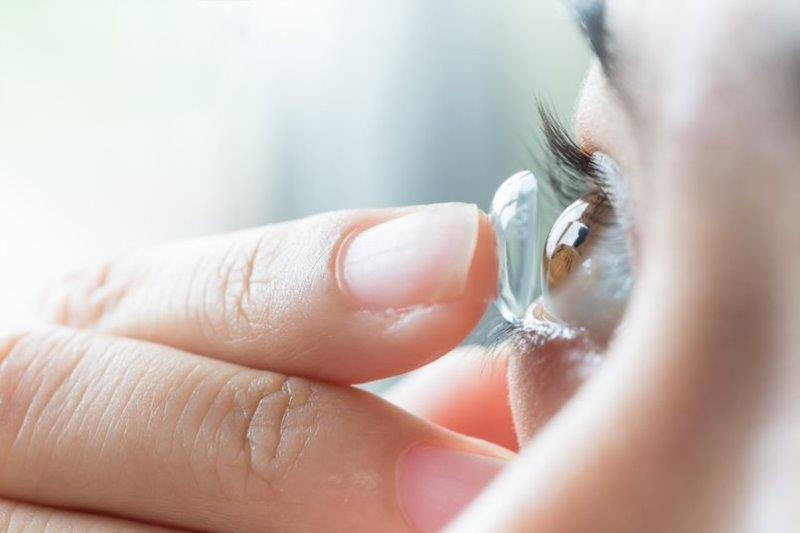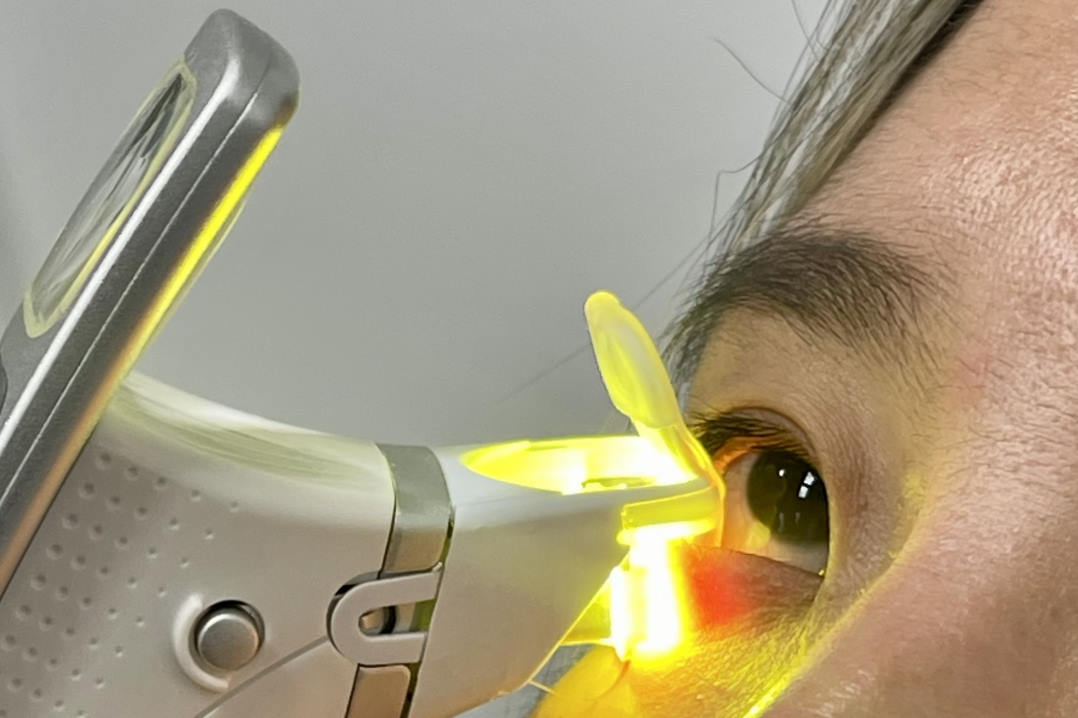Dry Eye Association NZ: building a strong patient platform
Building on the momentum gained from the recent success of our second public education and networking event held earlier this year, Dry Eye Association NZ seeks to further establish and expand its platform, offering support and education for patients and those who care for patients with dry eye.
The Dry Eye Association NZ was set up in 2024 by Professor Jennifer Craig of the University of Auckland’s Ocular Surface Laboratory (OSL), along with Honorary University of Auckland Professor James Wolffsohn, to improve the quality of life of those affected by dry eye by raising awareness, building community and offering education, support and hope. Although still currently in its start-up stage, guided by a steering group comprising both patients and academics, the long-term objective is for the association to become a by-patient, for-patient organisation that maintains strong ties to both academic and eyecare professional communities.
At this year’s education and networking event, held at The University of Auckland and co-hosted by Re:Vision Laser and Cataract, public education was delivered by guest speakers Dr Jay Meyer and Associate Professor Stuti Misra from the University of Auckland, community optometrist Adele Jefferies and others from the OSL. Importantly, the day also offered valuable patient insights into some of the most commonly faced challenges, with direct feedback offered by those most profoundly impacted.
As association chair, with my personal DED experience and through conversations held with others affected by DED, I can vouch for the fact that one of the current notable shortcomings for patients is their sense of a lack of support. I believe this holds true for new patients freshly exposed to the world of DED and looking for aid and for those with longstanding DED who are seeking a supportive network of peers. A space in which interaction could occur and where helpful resources are provided that could be used to alleviate these difficulties would be invaluable to those impacted by DED and who are attempting to find a network of others similarly affected.
I hope the association can occupy this ‘no man's land’ – whether that’s as a connection between affected patients or between patients and eyecare professionals – to create an open-ended dialogue through which all parties can benefit. I believe this would be a first step on the road to improving people’s quality of life.
The OSL listened to attendees’ feedback from the event and is also working with the community to help address these issues in collaboration with the association. We remain committed to empowering patients with the knowledge that, with appropriate management, quality of life can be significantly improved, so a major focus has been developing resources that reflect patient needs.
The Dry Eye Association’s platform offers practical evidence-based, day-to-day management tips, a directory of eyecare professionals (ECPs) treating dry eye and associated conditions, subscription to a mailing list to hear about upcoming clinical trial opportunities and, crucially, a sense of connection for those feeling isolated by their condition. A local Facebook support group is also in the process of being established.
For ECPs, the Dry Eye Association NZ website serves as a valuable resource hub, offering patient-facing materials for supporting in-clinic discussions. Practitioners are encouraged to list themselves on the (currently free!) Dry Eye Association NZ directory, which makes it easier for patients to access dry eye care close to home.
Looking ahead, the association will expand its public educational offerings and continue raising awareness about DED. With the recent publication of TFOS DEWS III (p36), updated evidence surrounding dry eye risk factors, pathophysiology, diagnosis and management can expect to be steadily integrated into clinical practice. By working together, we can ensure patients receive the comprehensive information and support they need.

Bas Crutzen is Dry Eye Association New Zealand chair and recently graduated with a Bachelor of Commerce from The University of Auckland, majoring in marketing and international business.

Dr Ally Xue is a therapeutic optometrist and postdoctoral research fellow at the University of Auckland’s OSL, with a special interest in light-based therapies for dry eye.









